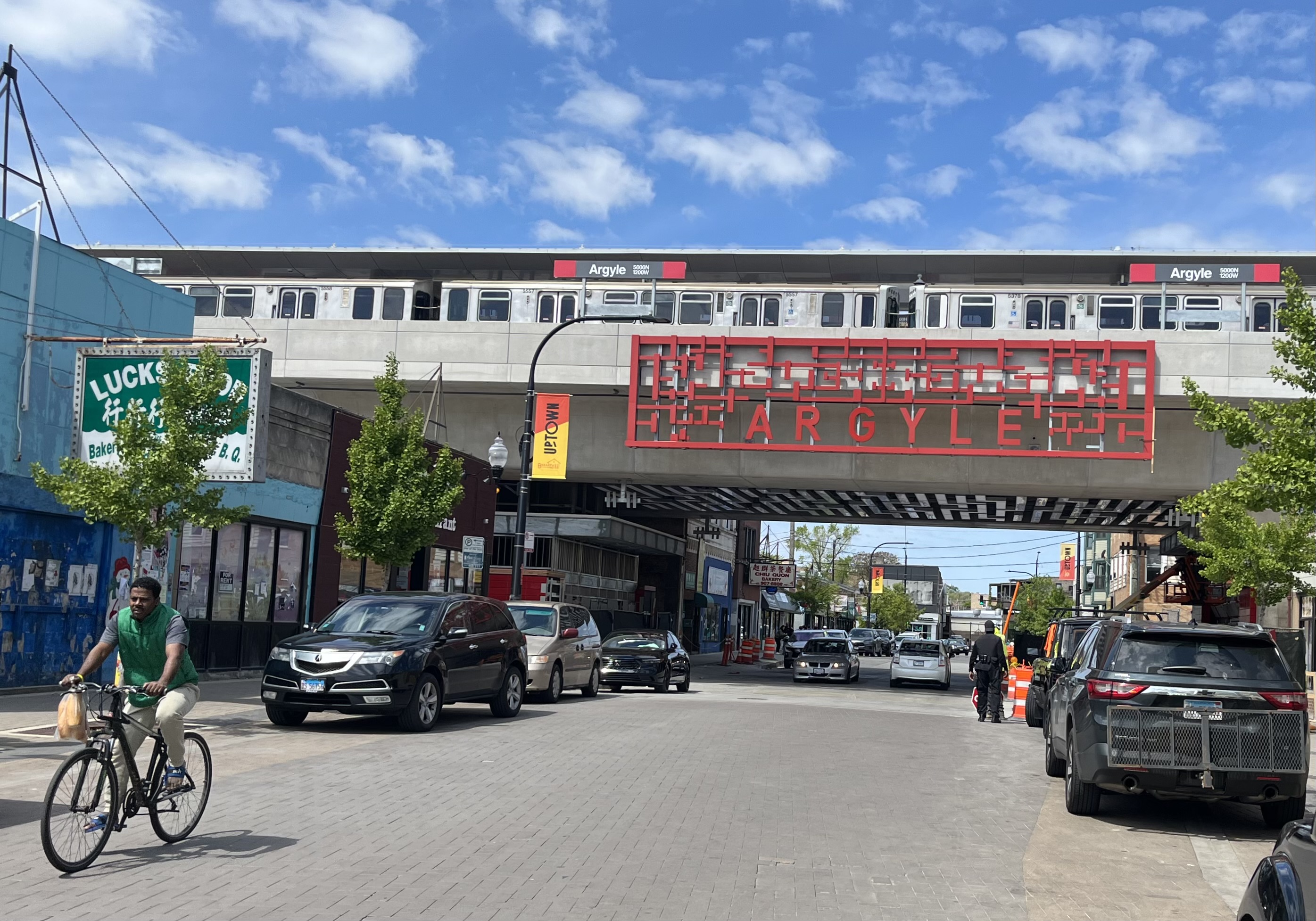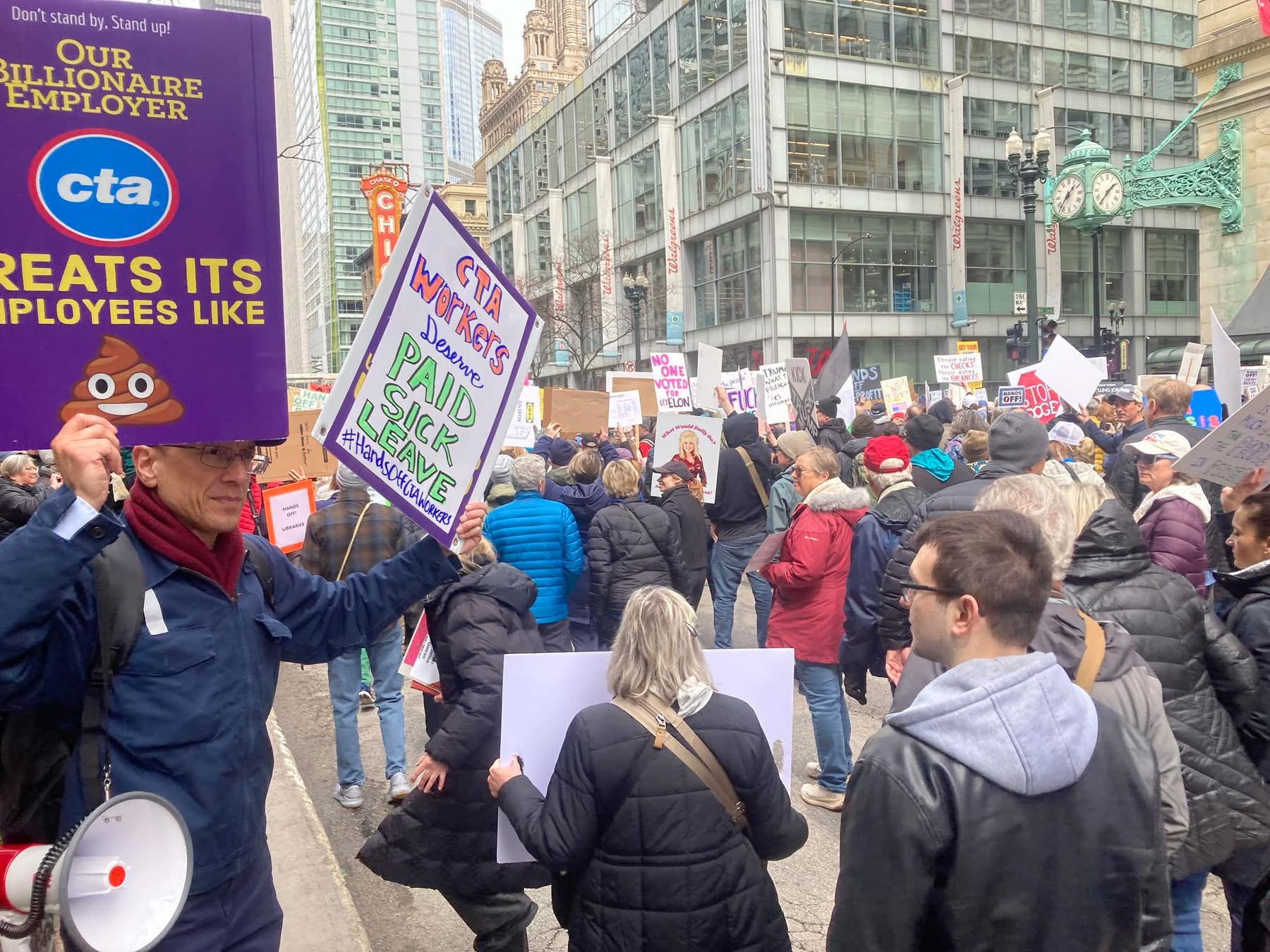While last night's election is looking like decisively bad news for transit in the Senate and in several statehouses, the results from local ballot initiatives are a little brighter. Here are the highlights that have Streetsblog Network members buzzing, as well as results from other referendums around the country.

Seattle
Seattle voters approved a ballot measure to shore up and expand transit service. After a regional vote earlier this year rejected new revenue measures to prevent massive service cuts, a new proposal was put to voters just in the city itself. The 0.1 percent sales tax hike and $60 car registration fee passed handily with 59 percent support, according to the Seattle Times. As many as 49 routes will see expanded services thanks to the $45 million infusion, the Times reports.
Seattle Transit Blog called it a victory for both the local political establishment and transit riders.
Clayton County, Georgia
The Atlanta region's transit agency, MARTA, will see its first major expansion in 40 years after voters in Clayton County approved a new sales tax. The Atlanta Journal Constitution reports that the 1 percent sales tax sailed to an easy victory. Clayton County, a lower-income suburban county, had been totally without transit service since a 2010 budget crisis. The ballot measure is expected to restore bus service as well as provide for commuter rail, which would be the first major expansion of MARTA's rail system in a very long time.
Darin at ATL Urbanist says he expects the whole region to benefit:
Now, MARTA will operate in three counties and that system overall will benefit from an added revenue stream (the City of Atlanta also contributes sales tax to the system).
This new revenue is significant because MARTA is the only heavy-rail system in the country not funded by its home state government (a status not likely to change given the big Republican win in yesterday’s mid-term election).
Fairfax County
By a wide margin, voters in Fairfax County, Virginia, approved a transportation bond package full of good stuff. According to Network blog Fairfax Advocates for Better Bicycling:
The $100 million bond includes $77.5 million in pedestrian projects, $6.5 million in bike projects, and $16 million in spot road projects. The vote shows that Fairfax residents want safe walk and bike routes and they are willing to pay for them.
Austin
Austin voters struck down a ballot measure that would have provided $1 billion for light rail and another $400 million for roads, reports the local ABC affiliate. But the rail plan failed to win over many local transit advocates, some of whom actively campaigned against it. Carfree Austin wrote that the light rail route was poorly conceived and would fail to serve walkable development and draw sufficient riders. Following the 57-43 vote against the measure, advocates called for a new, better transit plan for the city, and passed around a petition asking the mayor to put forward smarter transit policies.
Oakland and Alameda County
A half-cent sales tax hike cleared the two-thirds supermajority needed to pass in Alameda County, funding nearly $8 billion in transportation projects with the balance going toward transit, biking, and walking projects.
Pinellas County, Florida
A ballot measure to expand bus service significantly and add light rail in St. Petersburg, Florida went down hard, with 62 percent voting against it, according to the Tampa Bay Times. This clouds the prospects of other ballot measures to provide more transit options in the three-county region. In 2016, nearby Tampa will ask voters to support a transit expansion of similar scale, which would make a bigger difference combined with the Pinellas measure.
Apparently Pinellas voters weren't ready for that type of change.
Gainesville, Florida
Voters in Alachua County rejected a 1 percent sales tax to fund bus service, biking and walking infrastructure, and road repair.
Transportation Funding
In Texas, voters decided to raid the state's rainy day fund to pay for roads, as the state continues to waste billions of dollars trying beat congestion by building highways. The measure will provide $1.7 billion.
Massachusetts repealed a 2013 measure that indexed its gas tax for inflation, which will mean less money for infrastructure.
Meanwhile, both Maryland and Wisconsin voters passed "lock box" amendments stating that transportation funds can only be spent on transportation. This was totally unnecessary in Wisconsin, which rather than shortchanging transportation has been raiding its general fund to pay for expensive road building.






